INTRODUCTION
CLINPEU GEL contains Clindamycin, which belongs to the group of medicines called Antibiotics. It is used in the treatment of acne vulgaris. Acne vulgaris is a common skin condition that occurs when hair follicles get blocked with oil and dead skin cells. Symptoms include whiteheads, blackheads, small red, tender bumps, pimples, and pus-filled lumps on the skin.
Before applying CLINPEU GEL, inform your doctor if you have or ever had diarrhea, bloody diarrhea and pseudomembranous colitis. CLINPEU GEL is not recommended for use if you have a history of regional enteritis (inflammation of the small intestine), ulcerative colitis (inflammation of the large intestine) or antibiotic-associated colitis.
CLINPEU GEL should be used with caution during pregnancy or by breastfeeding women only if clearly needed. The safety and effectiveness of CLINPEU GEL in children under the age of 12 has not been established. The most common side effects of applying CLINPEU GEL are burning, itching, and redness of the skin. Consult your doctor if symptoms worsen.
USES OF CLINPEU GEL
Treats acne vulgaris
HOW CLINPEU GEL WORKS
CLINPEU GEL acts against the bacteria by binding to the 50S subunit of the bacterial ribosome (site of protein synthesis), which in turn prevents protein synthesis and kills the infection-causing bacteria.
DIRECTIONS FOR USE
Apply CLINPEU GEL as advised by your physician. It is for external use only. Wash your hands before use. Wash and dry the whole area, apply a thin film once daily to the skin where acne lesions appear and use enough to cover the entire affected area. In case of contact with the eyes, mouth or nostrils, rinse it off immediately and thoroughly with water. Your doctor will decide the correct dose and duration for you depending on your age, body weight and disease condition.
SIDE EFFECTS OF CLINPEU GEL
COMMON
Burning, itching or abnormal redness of the skin at the application site
Scaling, pain, dryness and skin irritation at the application site
UNCOMMON
Abdominal pain
Diarrhea
Oily skin
RARE
Antibiotic-associated colitis
Stop applying CLINPEU GEL and contact your doctor immediately if you experience any of the following side effects:
Allergic symptoms (e.g., rashes, itchiness, difficulty in breathing or eye swelling)
Severe or bloody diarrhea. (a sign of bowel inflammation, pseudomembranous colitis)
WARNING & PRECAUTIONS
PREGNANCY
The safety and effectiveness of CLINPEU GEL in pregnant women or women planning to have a baby have not been established yet. It will be given to you by the doctor only if clearly needed. Consult your doctor before applying CLINPEU GEL.
BREASTFEEDING
CLINPEU GEL should be used with caution in breastfeeding women as it is not known if the medicine is excreted in human milk. Your doctor will decide whether to discontinue nursing or the medicine, considering the benefits to the mother and baby. If it is applied to the chest, care should be taken to avoid accidental ingestion by the infant. Consult your doctor before applying CLINPEU GEL.
ALLERGY
Do not apply CLINPEU GEL if you are allergic to Clindamycin or any other ingredients of this medicine.
OTHERS
CLINPEU GEL is not recommended for use if you:
Have regional enteritis (inflammation of the small intestine) or ulcerative colitis (inflammation of the large intestine)
Have a history of antibiotic-associated colitis
Before applying CLINPEU GEL inform your doctor if you:
Diarrhea, bloody diarrhea
Pseudomembranous colitis (inflammation of colon)
Atopic individuals (more prone to allergies)
Use in pediatrics:
Safety and effectiveness of CLINPEU GEL in children under the age of 12 have not been established. Consult your doctor before applying CLINPEU GEL.
INTERACTIONS
A. Drug-Drug interactions:
Before applying CLINPEU GEL, inform your doctor if you are taking any of the following medicine:
Neuromuscular blocking agents (Ex. rocuronium, vecuronium)
Other anti-acne, topical agents
Overdosage:
If you or anyone else accidentally applied too much of CLINPEU GEL, consult your doctor immediately or visit the nearby hospital.
SYNOPSIS
Drug :??
Clindamycin
Pharmacological Category :??
Lincosamides
Therapeutic Indication :??
Acne vulgaris
Dosage Forms :??
Injection, Tablet, Capsule, Gel, Cream, Lotion, Solution, Spray, Soap
MORE INFORMATION
Keep CLINPEU GEL out of reach from children
Store at room temperature
FAQs ABOUT CLINPEU GEL
What is CLINPEU GEL used for?
CLINPEU GEL is used in the treatment of acne vulgaris. Acne vulgaris is a common skin condition that occurs when hair follicles get blocked with oil and dead skin cells. Symptoms include whiteheads, blackheads, small red, tender bumps, pimples, and pus-filled lumps on the skin.
How to use CLINPEU GEL?
Apply CLINPEU GEL as advised by your physician. It is for external use only. Wash your hands before use. Wash and dry the whole area, apply a thin film once daily to the skin where acne lesions appear and use enough to cover the entire affected area. In case of contact with the eyes, mouth or nostrils, rinse it off immediately with plenty of water.
How does CLINPEU GEL work?
CLINPEU GEL acts against the bacteria by binding to the 50S subunit of the bacterial ribosome (site of protein synthesis), which in turn prevents protein synthesis and kills the infection-causing bacteria.
Can CLINPEU GEL be used in pregnancy?
The safety and effectiveness of CLINPEU GEL in pregnant women or women planning to have a baby have not been established yet. It will be given to you by the doctor only if clearly needed. Consult your doctor before applying CLINPEU GEL.
Can CLINPEU GEL be used in breastfeeding women?
CLINPEU GEL should be used with caution in breastfeeding women as it is not known if the medicine is excreted in human milk. Your doctor will decide whether to discontinue nursing or the medicine, considering the benefits to the mother and baby. If it is applied to the chest, care should be taken to avoid accidental ingestion by the infant. Consult your doctor before applying CLINPEU GEL.
REFERENCES
1. KD Tripathi. Macrolide, Lincosamide, Glycopeptide and Other Anti bacteria IN Antibiotics. Urinary Antiseptics. Essentials of Medical Pharmacology. Eighth Edition. 2019. Page ?805-806.
2. Patrick B, Murphy, Karlyle G. Bistas, Jacqueline K.Le. Clindamycin. National Library of medicine, National center for biotechnology information. [Revised in July 2021] [Accessed on 11th May 2022]?https://www.ncbi.nlm.nih.gov/books/NBK519574/
3. Manuel Polanco Morales, Anna Paola Thome Carvallo, Karla Adriana Bautista Espinosa,and Edgar Enrique Meza Murillo. A young man with myelosuppression caused by clindamycin: a case report. National Library of medicine, National center for biotechnology information. Pubmed Central 2014. [Accessed on 11th May 2022]?https://www.ncbi.nlm.nih.gov/pmc/articles/PMC3917410/
4.?DPT Laboratories, Ltd.U.S. Food & Drug Administration. (Clindamycin topical gel). [Revised in November 2000] [Accessed on 11th May 2022]?https://www.accessdata.fda.gov/drugsatfda_docs/label/2001/50782lbl.pdf
5.?Perrigo Yeruham. Daily med. (Clindamycin phosphate lotion). [Revised in December 2021] [Accessed on 11th May 2022]?https://dailymed.nlm.nih.gov/dailymed/fda/fdaDrugXsl.cfm?setid=a10dda0c-28fa-4678-8cea-a6ce2fce4b52
6.?Pharmaceutical Society of Singapore. Clindamycin gel/solution/lotion 1%. [Revised in March 2016] [Accessed on 11th May 2022]?https://www.pss.org.sg/sites/default/files/public-resource/clindamycin_pil_31-3-2016.pdf
7. Taro Pharmaceutical Industries Ltd. Dailymed. (Clindamycin topical solution). [Revised in April 2021] [Accessed on 11th May 2022]?https://dailymed.nlm.nih.gov/dailymed/fda/fdaDrugXsl.cfm?setid=5b8a6767-2d46-401c-9f85-d427dda9eff7
8. Torque Pharma. Ticin Gel. (Clindamycin gel 1%). [Accessed on 11th May 2022]?https://www.torquepharma.com/ticin-gel/
PRODUCT DETAILS
Country Of Origin
India
Only logged in customers who have purchased this product may leave a review.
Reviews
There are no reviews yet.
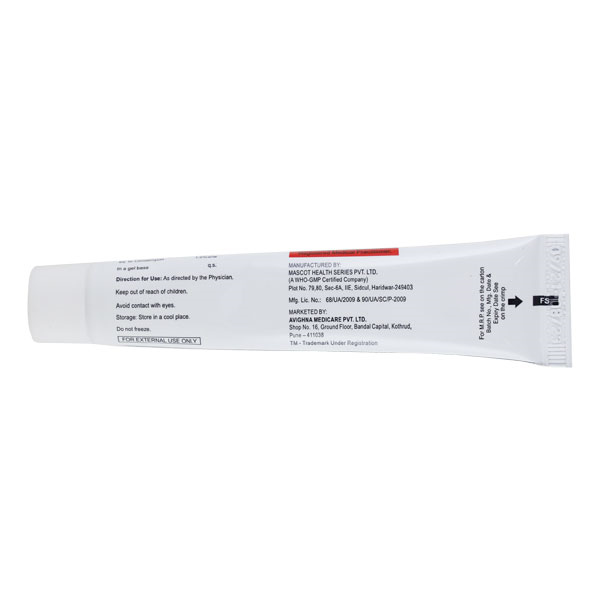

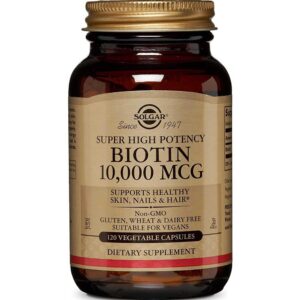
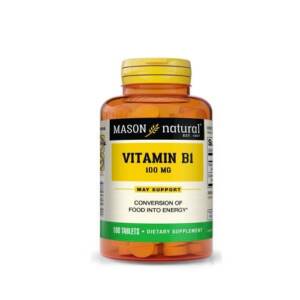
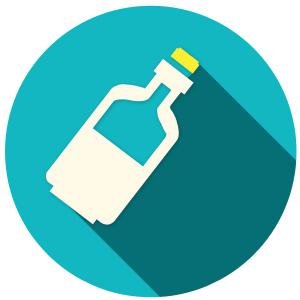
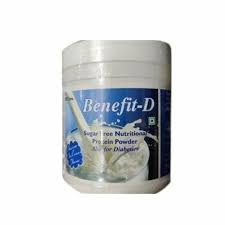
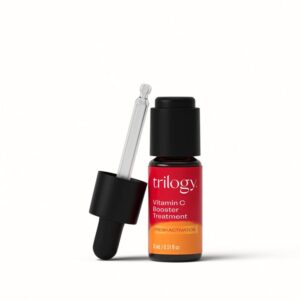
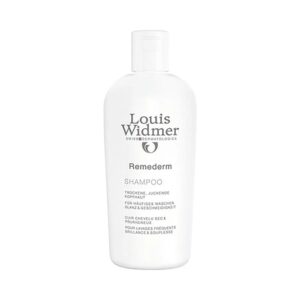
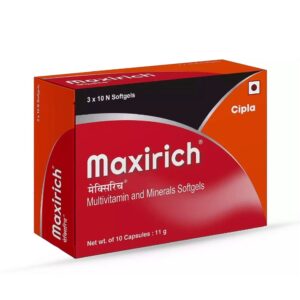

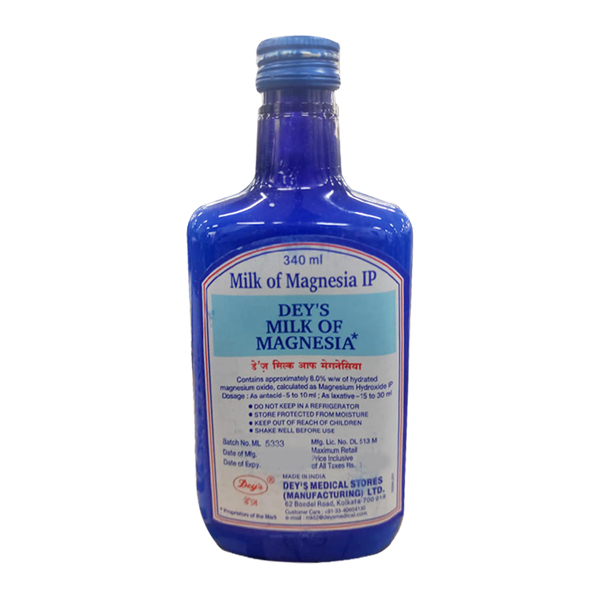
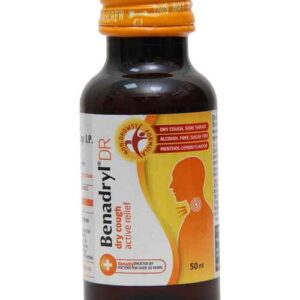
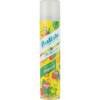
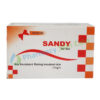
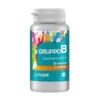
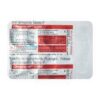
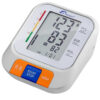
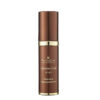
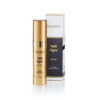
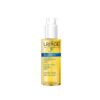
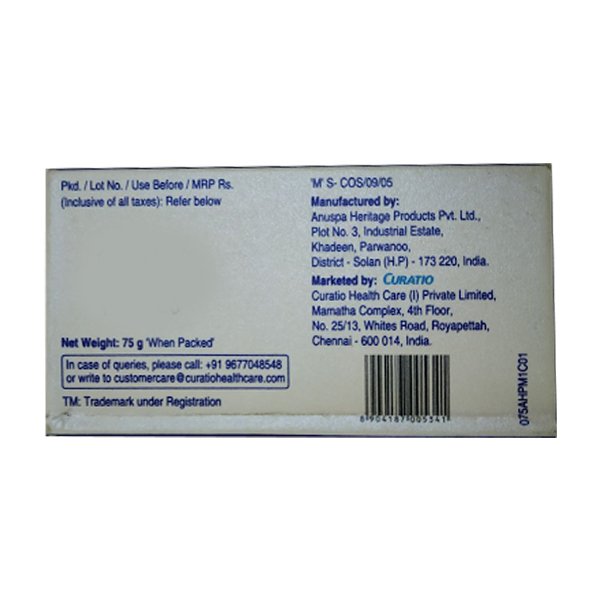
Reviews
There are no reviews yet.